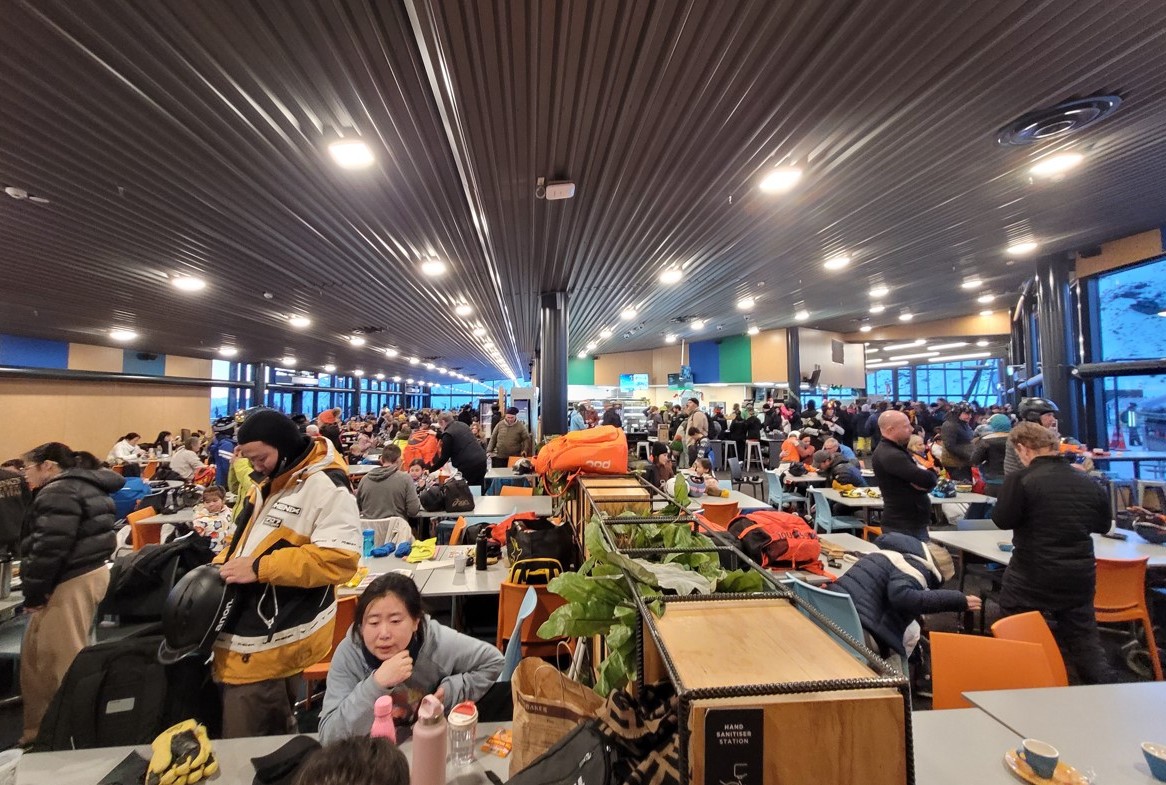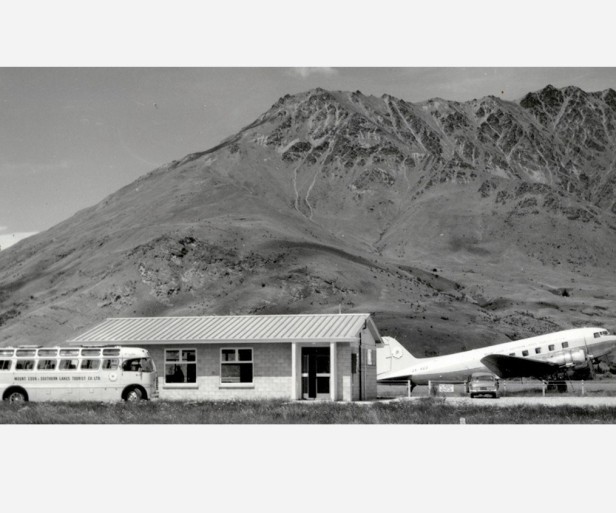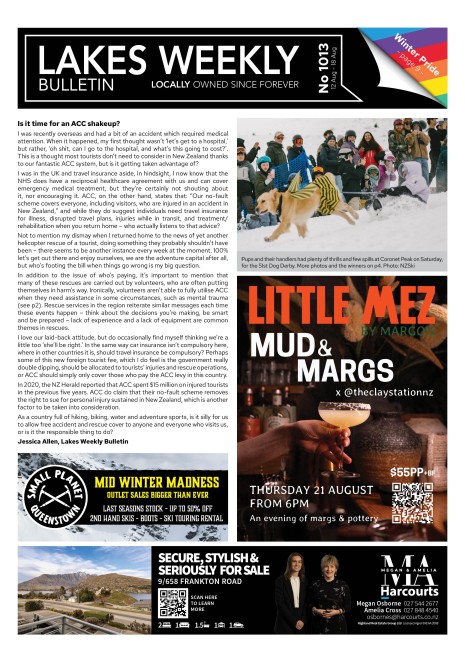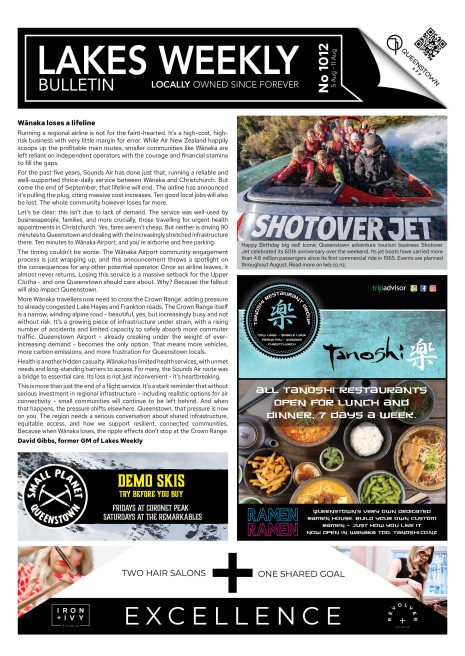Queenstown 'a special case' for tourism impacts

New research has confirmed once again that Queenstown feels the negative impacts of tourism more acutely than anywhere else in New Zealand.
Data consultants Kantar surveyed 1430 people in May for the latest New Zealanders' Views of Tourism report, conducted on behalf of Tourism New Zealand, the Ministry of Business, Innovation and Employment Tourism Industry Aotearoa, Regional Tourism New Zealand.
Published last week, the report provides a snapshot into how New Zealanders view the positive and negative impacts of tourism.
It found support for tourism has increased nationally, with 89% of people agreeing it is good for the country. That was up from 83% a year ago. Some 92% recognised the industry has a positive impact on the economy.
The 150 Queenstown Lakes residents surveyed also recognised it is good for business (91%), regional economic growth (96%) and creates jobs (94%).
But the regional breakdown detailing the negative perceptions, including its impact on traffic, the environment, culture and costs, made for grim reading for the industry.
Queenstowners had the strongest perception of the downsides in 15 of the 16 categories.
Destination Queenstown boss Mat Woods says the results are "not a surprise", especially as Queenstown has more tourists than elsewhere in the country.
They confirm the much-more in-depth research conducted by DQ, Lake Wānaka Tourism and Queenstown Lakes District Council, seeking to understand how tourism can add value, socially, culturally, and environmentally, as well as economically.
That's all been fed into the Destination Management Plan (DMP), which aims to address the downsides of tourism and includes the Carbon Zero 2030 target.
"It just gives us more confidence that we needed a DMP, and that DMP is solid and robust," Woods says.
"The question now is: are we going to get the funding to implement it?
"We now have 31 DMPs across the country. The government supported the writing of these DMPs, but it isn't supporting the implementation."
In the press release accompanying the research, Tourism Minister Peeni Henare says the Government has set aside $5 million to support destination planning at a regional level.
But Woods says that won't be enough even for one region, let alone 31. He's not expecting any concrete answers to the funding question during the election cycle and didn't want to be drawn on whether a bed tax or some other direct mechanism was the answer.
"What we do know is our community has told us the key areas to work on: the infrastructure, shaping the demand, and reducing impact on the local environment, encouraging visitors to be more sustainable and reducing our carbon footprint."
It will need a collective response from DQ, Lake Wānaka Tourism and QLDC, the industry, residents and visitors, backed by Central Government and appropriate funding, to implement solutions.
He was also encouraged that the majority of residents recognised the need for a DMP and were aware of the plan.
Woods says the latest research "really does highlight the difference between Queenstown and the rest of New Zealand, especially the significant impact visitors on within our local community."
Across NZ, for example, come 37% of those surveyed wanted more tourists in their communities, while 62% of Queenstowners believe there's already too many.
Henare, speaking to RNZ, acknowledged the issues facing Queenstown.
"The research, like I said, backs up what we know," Henare said. "There is some good stuff that's going on on how we might continue to support, to relieve some of the challenges in places like Queenstown.
"But it shows that we've clearly got more work to do."
On the whole though, the Minister believed the report was positive.
"It’s fantastic to see that New Zealanders recognise its positive contribution as the sector rebuilds from the impacts of COVID-19 and supports New Zealand’s recovery," Henare said.
“Communities recognise that tourism provides jobs and also that it can positively affect social wellbeing and connection with culture. Tourism New Zealand is working hard to attract visitors who want to experience New Zealand in an authentic way that contributes positively to New Zealand’s culture, society, nature and economy."
The research can be found here.









